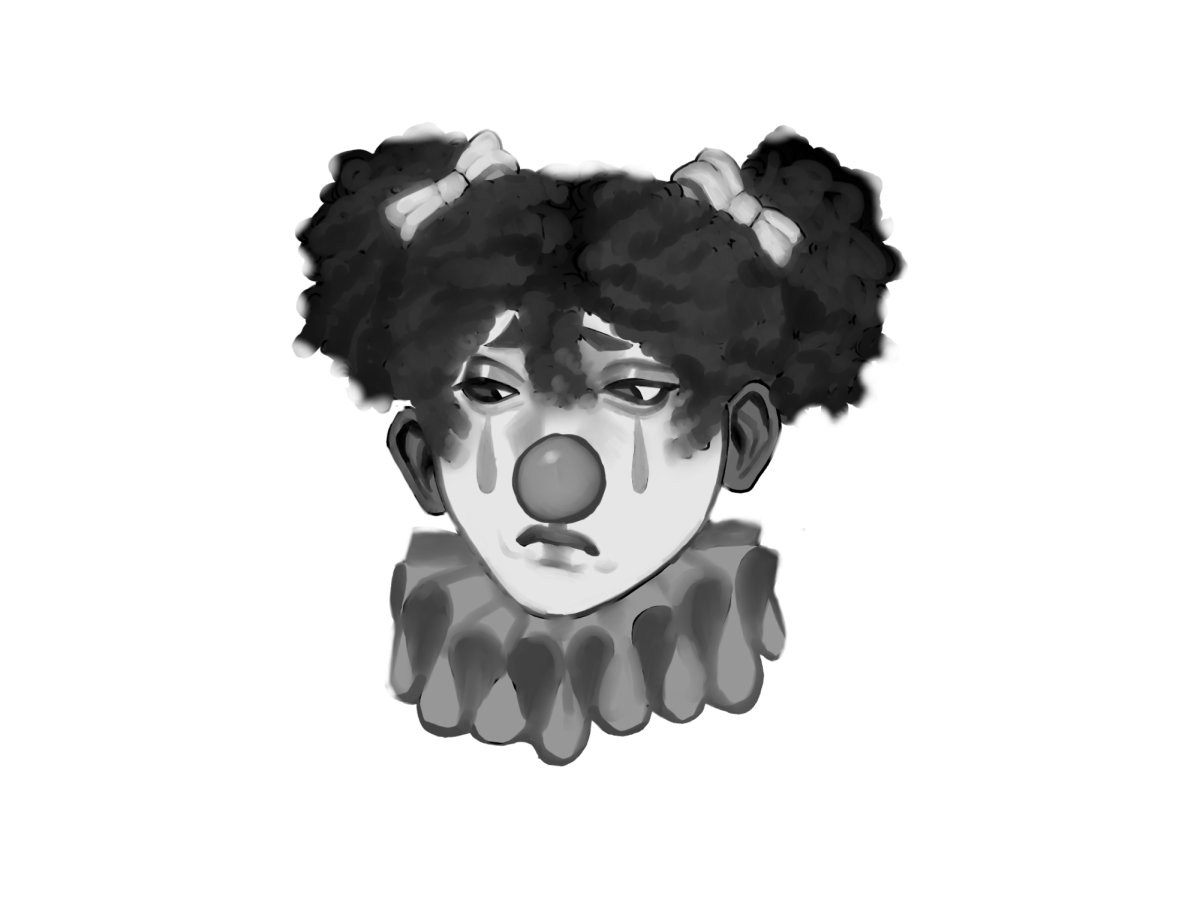Women are not funny. This ideology was made popular during the pioneering days of comedy in mid 20th century America. Men were once the comedians, audience and receptors of jokes, many of which mocked women. This trend stays true today but also works to encompass the small percentage of female comedians: the object of numerous insults, jokes and memes, with many taking to calling them loud, obnoxious or annoying.
The feminist struggle is very much a modern issue, even in first world-countries, and this fact is exemplified by the misogynistic tendencies that prosper in the field of American comedy.
The power of comedy itself is significant and serves as an incredible influencer in socio-political topics. Political satire can be dated back as far as 424 BC, Greece. The renowned playwright, Aristophanes, wrote the satirical play “The Knights” in which he criticized a prominent political figure, Cleon, who was known for warmongering – raising questions about his competency as a leader in Athenian politics.
Skipping forward to today, many individuals make memes to criticize political issues. Since the internet is such an accessible platform, these ideas are easily spread. The comedy serves to engage the viewer and in turn encourages reflection on the topic at hand. For thousands of years comedy has been used as a tool to implant ideas into the minds of the public, and one that is commonly unaddressed is that of misogyny.
The misogyny of the American industry can be highlighted by how men dominate comedy. A demographic by ZIPPA, a career expert company, states that 88.7% of the American comedy industry is made up of men.
Women, on average, make 96 cents for every dollar a man makes in this field – not exactly a big difference, but it highlights how gender-based wage discrimination lays rampant even in seemingly progressive fields like entertainment. Ultimately, these two facts alone demonstrate that comedy is not an industry that promotes inclusivity.
Furthermore, the women that do have access to this industry face financial discrimination that serves to stress the patriarchal hierarchy that makes up comedy.
Beyond finances, the fundamental aspects of what makes a joke continues to ostracize women from comedy. This is due to hundreds of years of oppression, where women were considered inferior to their male counterparts and thus faced harsh criticism in society. For example, in comedies from the 1950s, in which women were portrayed as nagging housewives, or damsels in distress.
Comedians like Charlie Chaplin often only used women as an object for his pursuit, or of someone to be outwitted. By the 1960s to 1970s, stand-up comedy often featured men who made derogatory remarks about their wives, inciting chuckles from their male audience and again making women the object of ridicule.
Misogynistic views have reached an extent where many women themselves have resorted to self-deprecation in attempts to be funny. One example is the popular comedian Amy Schumer.
Many regard Schumer’s comedy as empowering and relatable for women, with Schumer herself stating she is a feminist. Even so, she has made jokes about her own dating life that portray her as desperate – further promoting stereotypes of women being defined by their relationships and needing male validation.
Schumer’s comedy and feminist identification serves to show just how deep misogyny has been intertwined with comedy. She and many others make jokes that continue to help hundreds of years of misogyny flourish, even within modern social parameters.
Time and time again, women are put down. They are mocked, they are dismissed, their voices are silenced by the roaring laughter of men throughout time. This condition has not changed and will not change until the public realizes the truth behind comedy and, moreso, makes attempts to address it.
Oftentimes, offensive remarks are made casually with the defense of “It’s just a joke,” but the thing is, it is not. Nothing discriminatory is just a joke. The oppression of women is not a joke and no matter the circumstance should not be made to seem so.
Only through the acknowledgement of the offense and the public’s attempts to address it can American society progress to times where true gender equality exists – where comedy serves to unite people instead of oppressing them.


